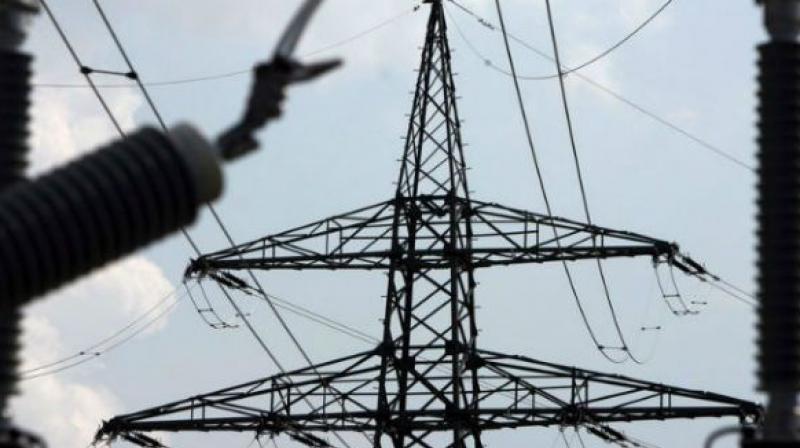Better power supply, TSiPass decrease sick units in Telangana

Hyderabad: Industrial sickness is declining owing to power restoration and the government’s policies, including TSiPASS, data showed.
After the formation of Telangana state, improved power supply eased over 30 per cent of sickness in the micro, small, medium enterprises (MSME) space, said the Telangana Industrial Health Clinic (TIHCL).
Industry representatives said timely clearance of incentives and lower power tariff would further aid the revival of sick units. As many as 69,120 MSME units in the state created 7.82 lakh employment opportunities. Of these, 8,618 firms have been designated as sick units by the State Level Bankers Committee in 2017.
“Of the sick units, 2,600 small and micro units were declared sick in 2015. Now this number stands at 1,300 units. Mostly, power-intensive units immediately got back into production as soon as the electricity supply is restored by the state government after formation of Telang-ana state,” Dr B. Yerram Raju, TIHCL adviser, told this newspaper.
He said rubber, paper, steel re-rolling units and other manufacturing units had been revived in the past four years. “Power is a key input for industry. Over 40 per cent of sickness eased due to regular quality power supply,” Dr Raju said.
The Federation of Telan-gana and AP Chambers of Commerce and Industry (Ftapcci) is urging the government to reduce power tariff for micro and small units. Ftapcci president Gowra Srinivas said: “Industry is getting quality power without any outage. The state government is also helping old sick units to restart production. All sectors are doing well. However, the power tariff is a bit high for micro and small units. This is putting pressure on margins of small units. If the tariff is lowered, then it will further speed up the revival process.”
He said that banking-related problems still remained for some units. “The state government is also taking measures to resolve these issues also. The RBI has enhanced the NPA limit from three months to six months,” Mr Srinivas said.
The state government is also helping MSMEs settle claims under the Credit Guarantee Trust for Micro and Small Enterprises and Sarfaesi Act.
Generally, lenders prefer a claim on the defaulted account which becomes a non-performing asset. The CGTMC will honour 75 per cent of the guaranteed portion in case of default. The Sarfaesi Act enables lenders to adjust collateral security against defaulted amount of small businesses. Banks are coming forward to offer one-time settlement (OTS).
“This is enabling MSMEs revive their production with extended term loan periods. However, we noticed that 8,730 unviable units are in the services segment including IT, restaurants, tourism, finance, facilities management, etc. About Rs 2,555-cr worth capital is blocked in these unviable units,” Dr Raju said.
Another major bottleneck is the delay in clearing incentives and other sops as assured by the state government, which is planning to adjust this against tax arrears of the industry.

